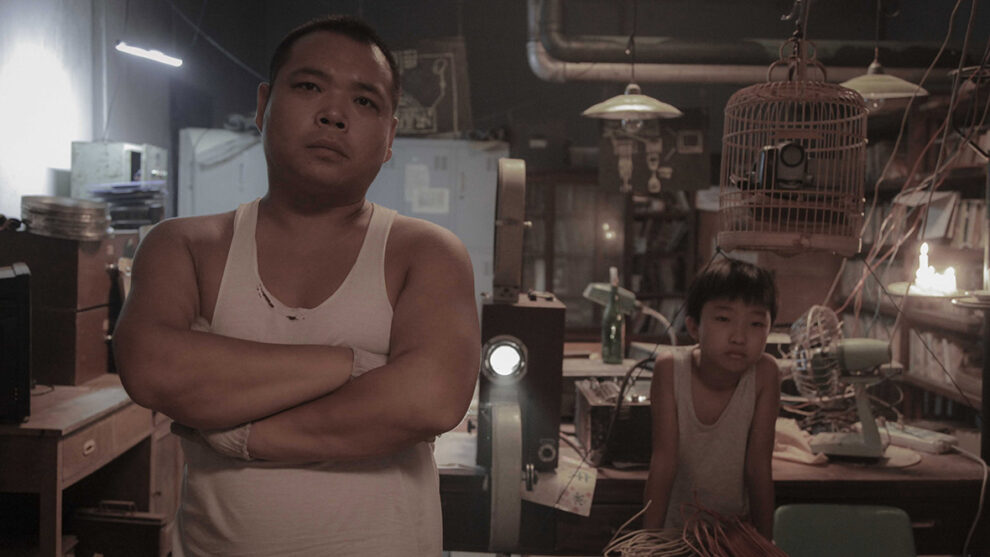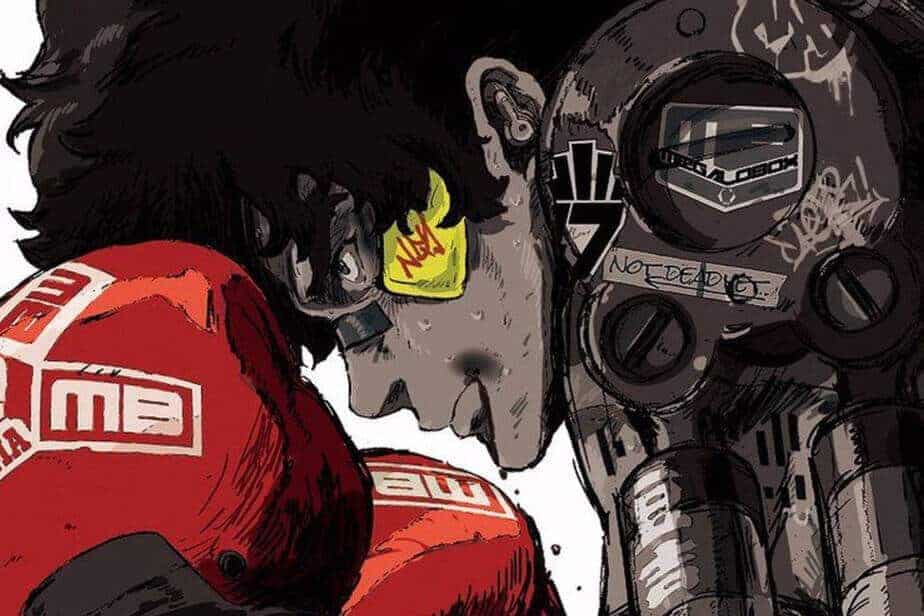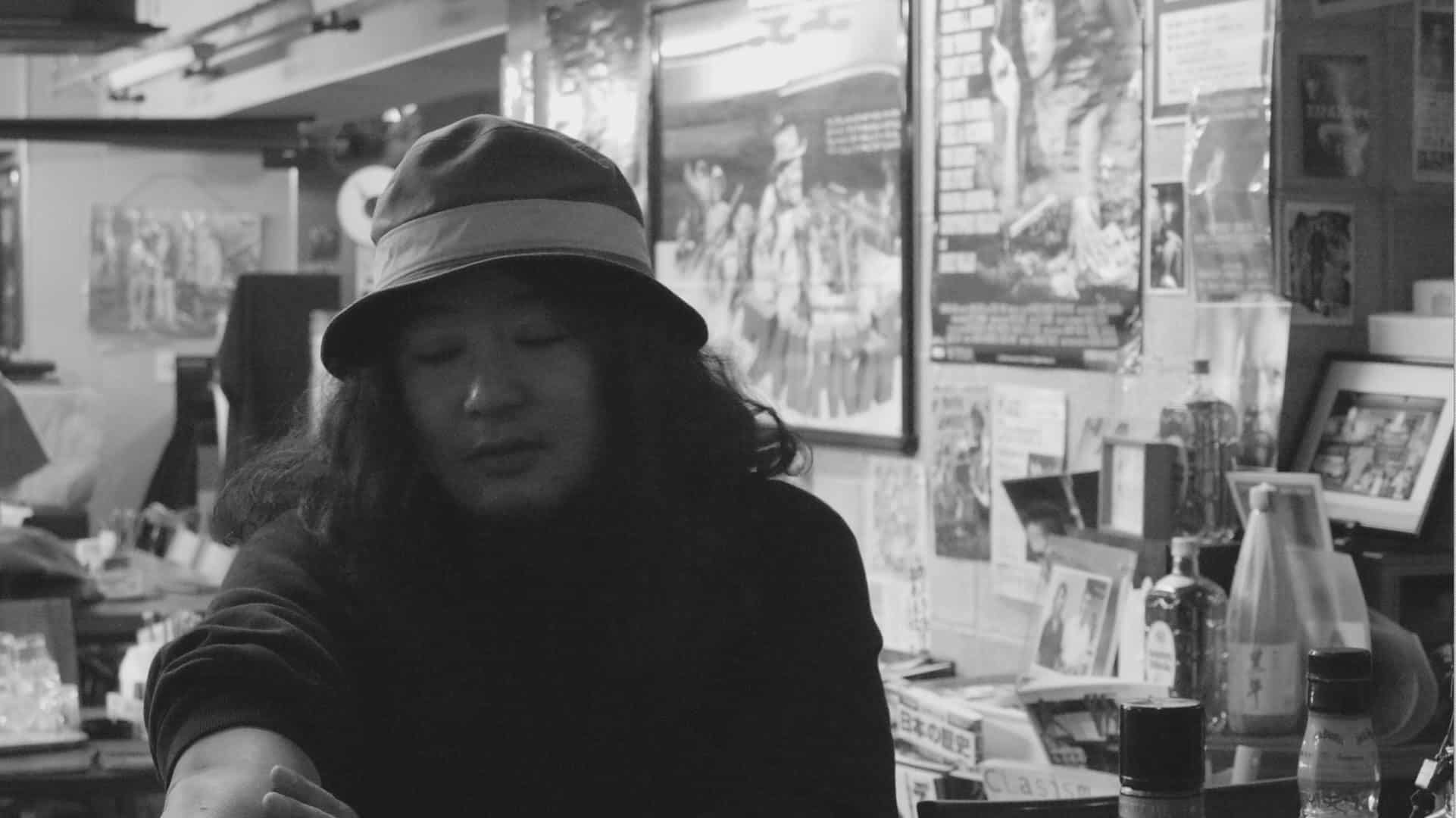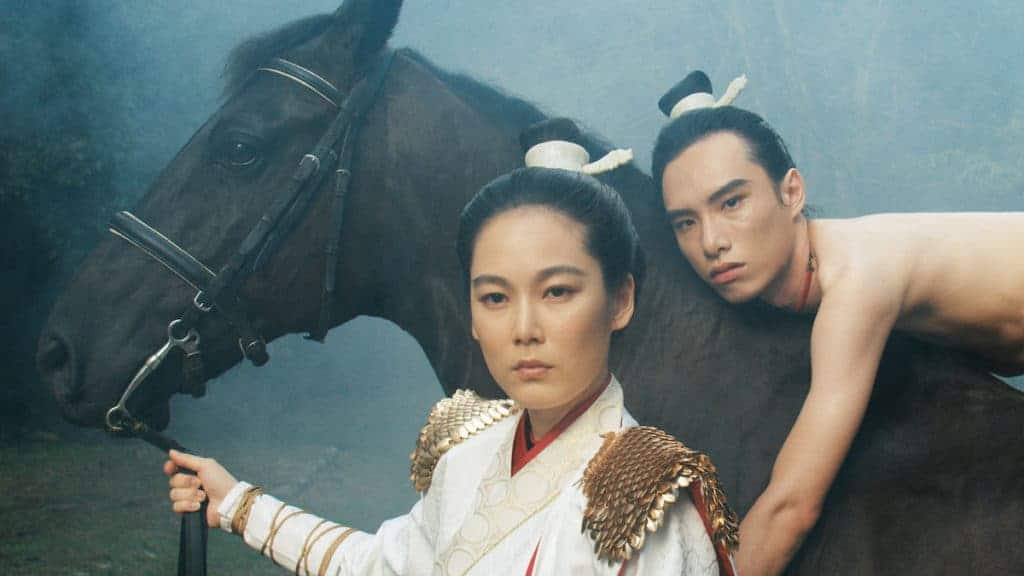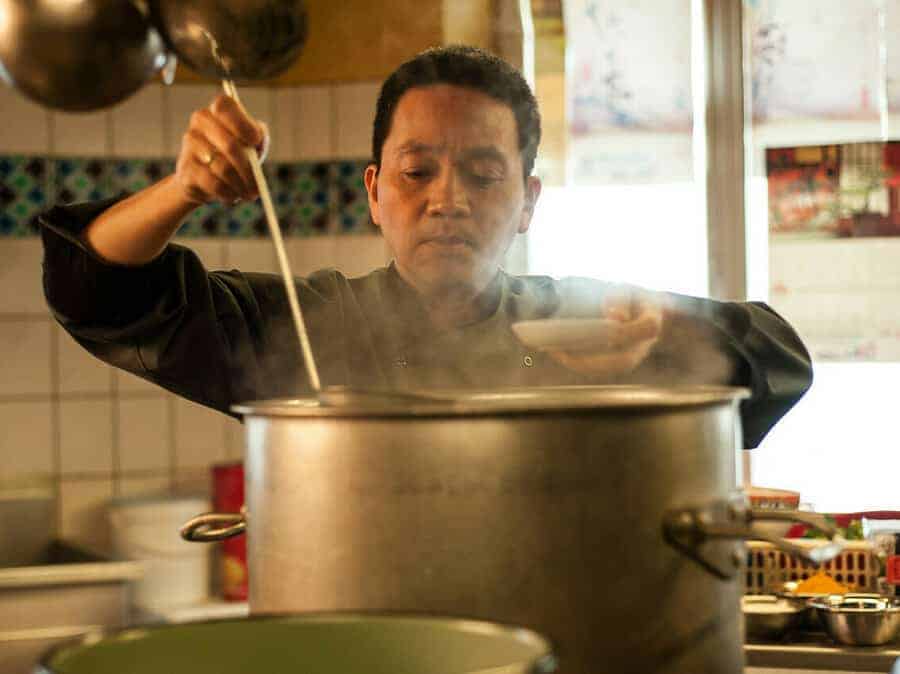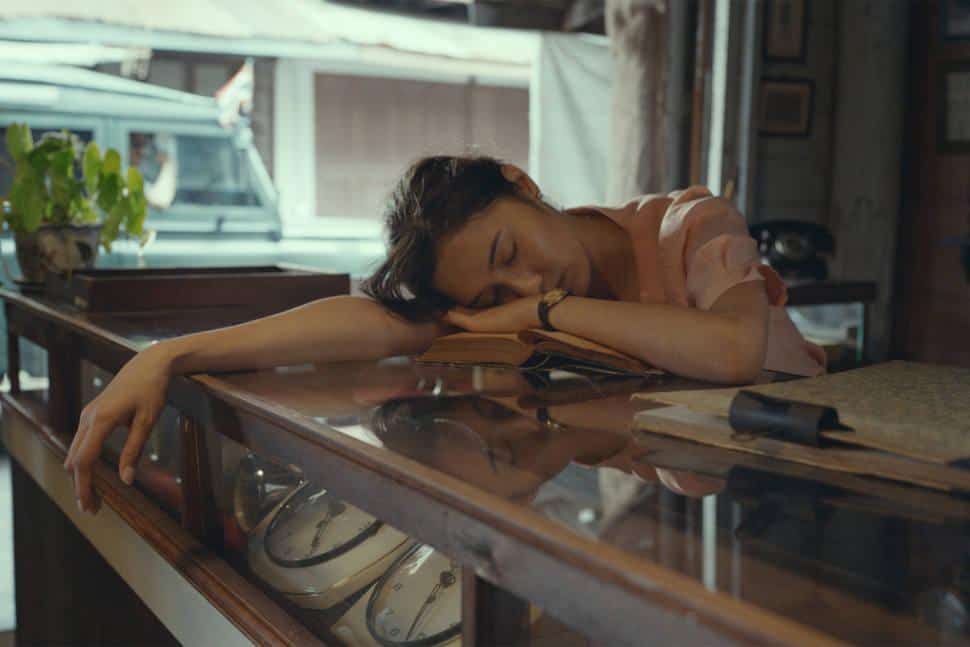Written and directed by Australian filmmaker Sam Voutas, the film was inspired by his experience of growing up in Beijing in the 1980s and 1990s and the bootleg film industry that blossomed around that period.
Stream This Title
on Terracotta by clicking on the image below
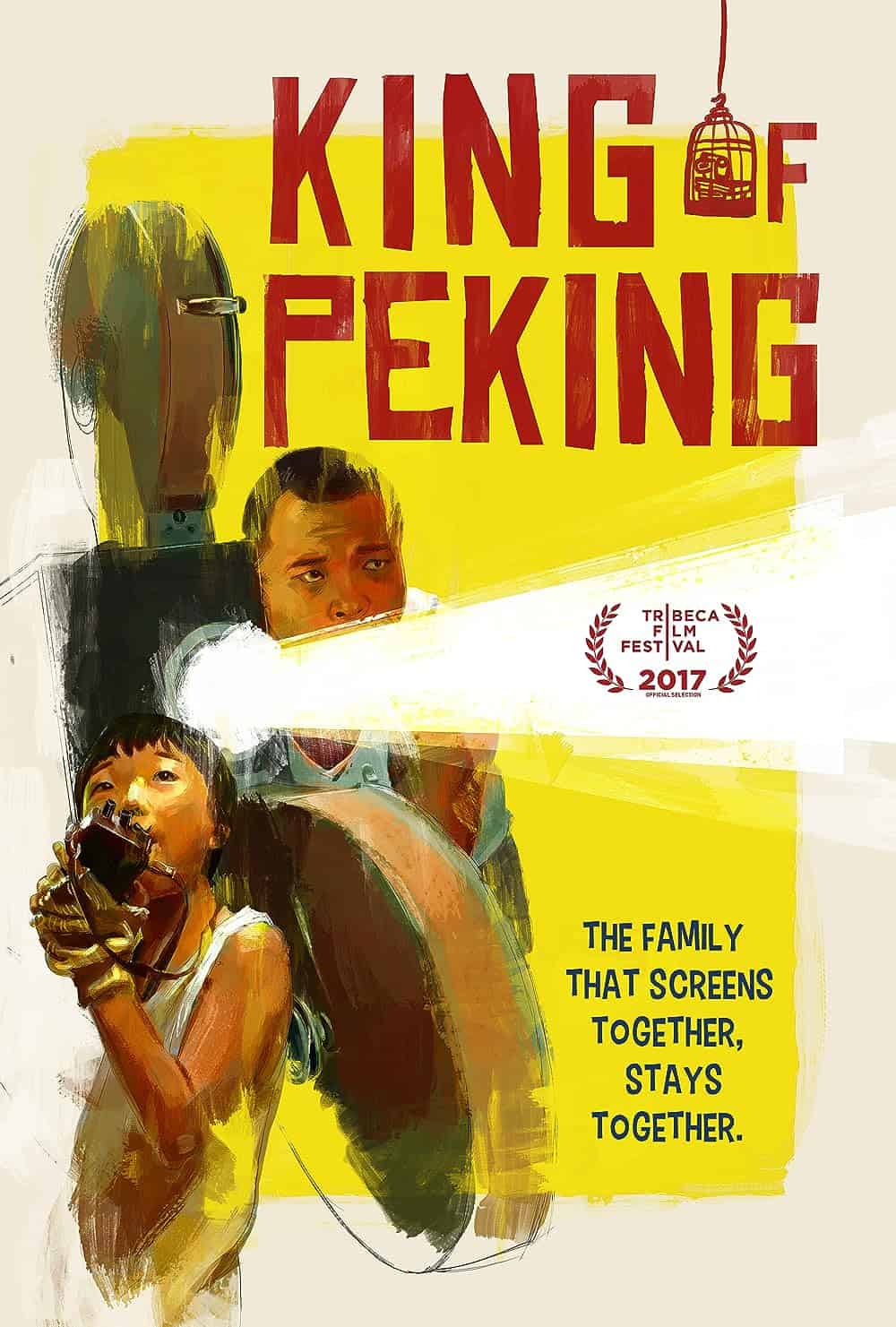
Big Wong and Little Wong are an inseparable father-son duo, who travel around China projecting Hollywood movies for villagers, with the father acting as the projectionist and the son as the promoter. Both of them seem to be quite good at their job, with the kid appearing as a top salesman, and the two making enough money to be happy. However, one fateful night, Little Wong's mother, Lei Lin, appears in the screening and demands Bong Wong starts paying spousal support, while the projection machine catches fire and is completely ruined. When he realizes that taking a loan is impossible, Big Won decides to take a job as a janitor in an old Beijing theater, while the kid starts attending school there.
One day, Big Wong discovers an old DVD recorder and comes up with an idea of creating bootleg DVDs for Little Wong to sell on the street, in a desperate effort to retain his custody. The two run their business, which they name “King of Peking”, secretly, out of the basement of the theater, and the success is great and immediate. However, Little Wong gradually begins to question their illegal ways, while an incident in school and one in the cinema create a rift between the two. As the boy decides to move with his mother, who works selling snacks in trains, the father is willing to do everything to win his son back.
Check also this interview
Sam Voutas successfully directs a film that boasts an intense love for cinema as much as a sense of nostalgia about an era long since gone. These two elements come together in the most appealing way possible, with the footage of popular movies of the 80s and 90s and the accompaniment of their respective soundtracks that create a rather appealing amalgam. Apart from that aspect, Voutas follows the rules of the buddy/road movie, with the fact that the two protagonists are father and son actually not playing a particularly significant role, since the two are on equal terms for the most part. This last aspect is also stressed by the fact that when Big Wong decides to act as a father in the authoritarian aspect of the role, it is then the relationship of the two begins to crumble. This unusual approach to the buddy concept, as much as that the road trip is more within the 90s era and the cinema of the period, work exceptionally well, with the result being a film that looks both retro and innovative.
Apart from the combination though, the two protagonists are also quite interesting by themselves. Big Wong is the epitome of the poor devil, a man that essentially knows that he needs to “cheat” in order to survive, as his interactions with the system (the loan he asks and the wage he gets in his work) eloquently highlight. That he fails continuously is sad to watch, but also part of his appeal, along with his love for his son, which is at least as best-friend-like as it is fatherly. Zhao Jun is excellent in the part throughout the movie, with his effort to win back his son and his dance with film (literally) being among the best moments of the movie.
Little Wong is also a very intriguing persona, as the essentially mature individual of the duo, while his knack for selling in any way possible is bound to appeal to all viewers. Wang Naixun plays the part with gusto from beginning to end, being quite convincing both in his feisty moments and when he is sulking. Lastly, the chemistry of the two is incredible throughout, in another of the movie's great traits.
Seppe Van Grieken's cinematography is also excellent, with him capturing the era and the various locations the story takes place in, in a way that stresses the nostalgia aspect, with the coloring also moving towards the particular direction, as it reminds intently of movies of the time. Voutas's editing is a bit weird, as some of the cuts are particularly abrupt, but still manages to induce the production with a rather fast pace that suits its episodic narrative nicely.
“King of Peking” will definitely remind many of “Cinema Paradiso”, and in general is a movie that channels the same emotions. At the same time, the presentation of Beijing of the time is also accurate and appealing, resulting in a movie that is also self-luminous in one of the best films about films we have seen recently.


